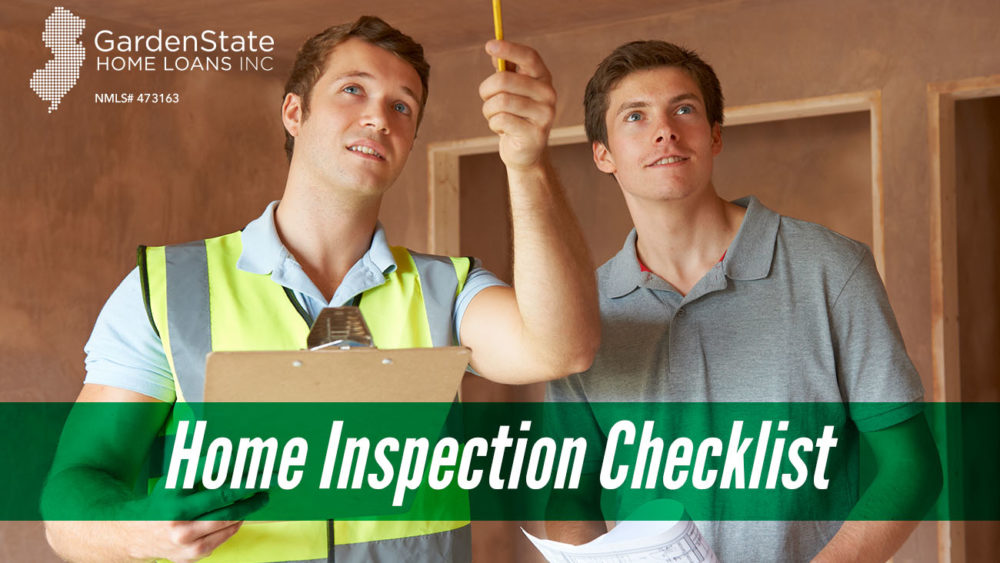After signing a contract on a home you just purchased, you’ll need to have the home inspection completed. It’s an opportunity to see what you’re getting yourself into and a high-level overview of the home’s condition. While home inspections can be exciting they can also be exhausting.
The home inspection could be the last time you’re in the home before the final walk through. Having a home inspection checklist is important so you know exactly what to look out for. If you’re not sure what to look for, here’s a checklist to guide you through the home inspection.
Inspection Day
You should plan on being there throughout the duration of the inspection. Make sure to block off a portion of your day because inspections tend to take a while and you don’t want to miss anything. The seller’s agent will most likely be there to answer any questions you may have.
It’s also good to follow alongside the inspector as they inspect the home. You’re not being a pain, just trying to learn and take notes. As the inspection goes on, your inspector will usually give you maintenance tips and advice. Be prepared for whatever the inspector throws your way. Whether good or bad, it’s all aimed at keeping you informed, and ultimately helps with negotiations.
Home Inspection Checklist:
Structural Elements
Check the construction of the walls, ceilings, floors, roofing, and foundations. Look out for obvious cracks or shifts in the foundation. Ask if the roof or windows leak.
Exterior Evaluation
Check for trees encroaching on the foundation. Check out the landscaping elevation, drainage, sidewalk, fences, trim, doors, and windows.
Roof & Attic
What’s the overall condition and when it was last replaced? Look into the ventilation, framing, and gutter systems. How many layers are on the roof? Is there any evidence of leaks?
Basement
Any signs of dampness? Is there proper insulation?
Plumbing
Has the sewer line been scoped for any abnormalities? Identify materials used in drainage pipes, waste and vent pipes. Check the conditions of bathrooms including facets, toilets, and showers.
Electrical
Main panel, circuit breakers, types of wiring, exhaust fans, and receptacles. You can also ask about light fixtures and ceiling fans. Ask if the electrical panel is up to code or on any recall list. Does the electrical panel user breakers or fuses?
Appliances
If included, look into the age and condition of the appliances.
Heating/cooling system
If the system has been converted, check if the old systems or tanks are still in place. Make sure they’re working properly. Also, be sure to check the sprinkler system if the home has one.
Garage
Look into the slab, walls, ceiling, vents, entry, firewall, garage door, lights, receptacles, exterior, windows, and roof.
Things to keep an eye out for in addition to the above:
- Asbestos
- Radon, Methane, Radiation, and Formaldehyde
- Fungi, Mildew, and Mold
- Rodents
- Lead
- Wood Destroying Factors



Comments are closed.